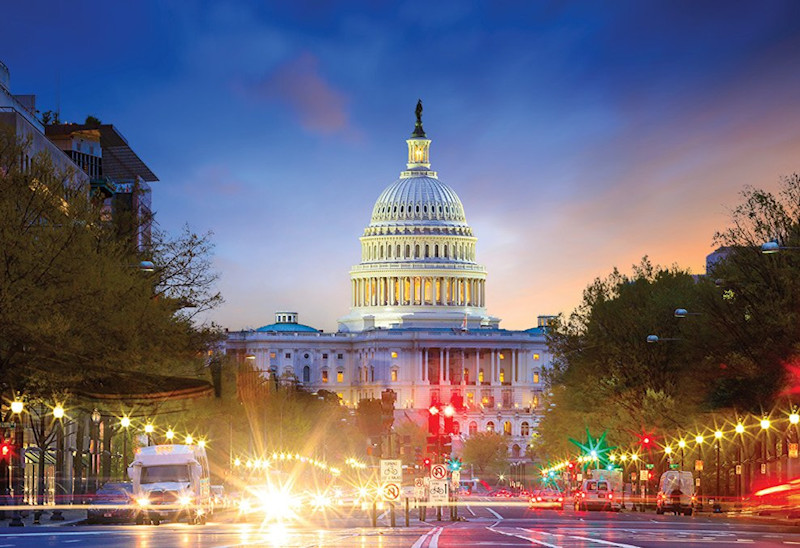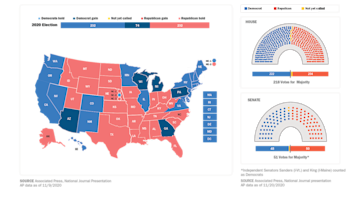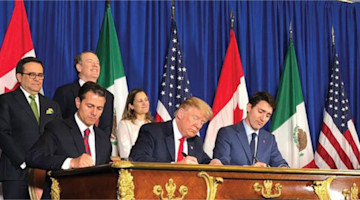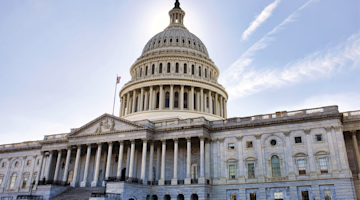September was a busy month for Congress after their month-long recess. Below is a snapshot of activity relevant to the manufacturing industry.
CONGRESS PASSES STOPGAP SPENDING BILL
Congress passed a continuing resolution averting a government shutdown at the end of September and funding federal programs through November 21. After enacting a bipartisan budget deal this summer, House and Senate leaders acknowledged they didn’t have enough time to pass individual appropriations bills before the start of FY2020 on October 1 and would need to pass a temporary measure.
MANUFACTURING USA ANNUAL REPORT RELEASED
Manufacturing USA released its 2018 annual report last month describing innovations underway at their 14 Manufacturing USA institutes. According to the report, the institutes conducted more than 475 major applied research and development collaboration projects; engaged nearly 2,000 member organizations, an increase of 50 percent; helped more than 200,000 workers, students, and educators through institute workforce efforts; and leveraged $183 million in federal funds to attract $304 million in state and private investment. For a copy of the report, visit manufacturingusa.com.
CLEAN WATER REGULATION OVERTURNED
The Trump administration announced the repeal of a water regulation that gave the Environmental Protection Agency broader control of the country’s waterways and set limits on pollutants. The 2015 regulation, called the Waters of the United States (WOTUS) rule, clarified the definition of “waters of the United States” under the Clean Water Act and allowed for greater government control of lakes, streams, and wetlands.
Republican lawmakers and major industry groups including the National Association of Manufacturers argued that the Obama-era rule represented a federal overreach into states’ rights to regulate waterways. The administration is crafting a new regulation to replace WOTUS with a much narrower definition of the types of streams and wetlands that are subject to Clean Water Act permitting requirements.
NEW NATIONAL SECURITY ADVISOR NAMED
Robert O’Brien was tapped to become President Trump’s fourth national security advisor after the departure of John Bolton last month. O’Brien, previously a top hostage negotiator, said his focus will be on keeping Americans safe and rebuilding the military. He heads a staff of specialists from the Defense and State departments, as well as other U.S. intelligence agencies. The national security advisor post does not require Senate confirmation.
DEFENSE SECRETARY FOCUSED ON CHINA
In July, Dr. Mark Esper became the 27th U.S. secretary of defense after the Senate voted overwhelmingly to confirm him by a 90-8 vote. Secretary Esper previously served as the 23rd secretary of the army. He said in a September speech that he wants to make the Pentagon more efficient and use current funding to focus on the threats posed to global security by China’s economic power and Russian aggression.
Also last month, trade talks between the United States and China resumed; a continuing resolution funding the government through November was approved; and top Democrats pledged their commitment to the USMCA. Updates on those topics will be in next month’s column.






